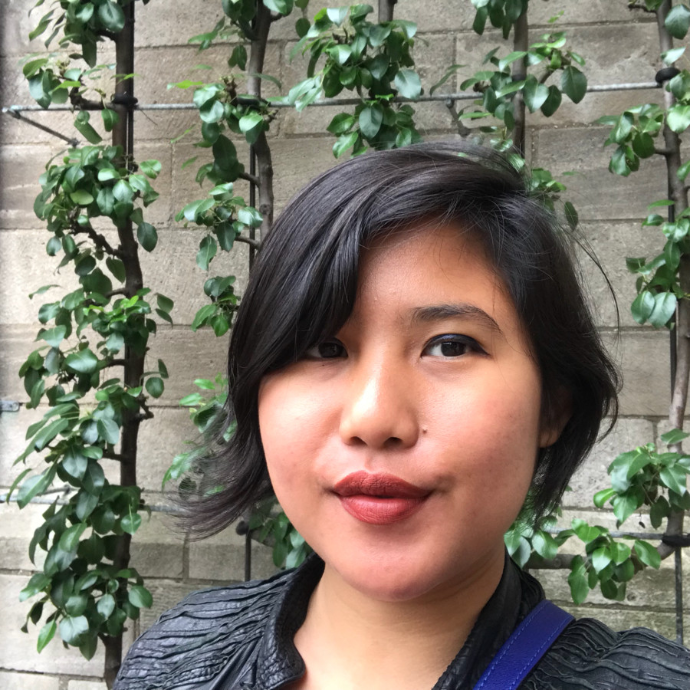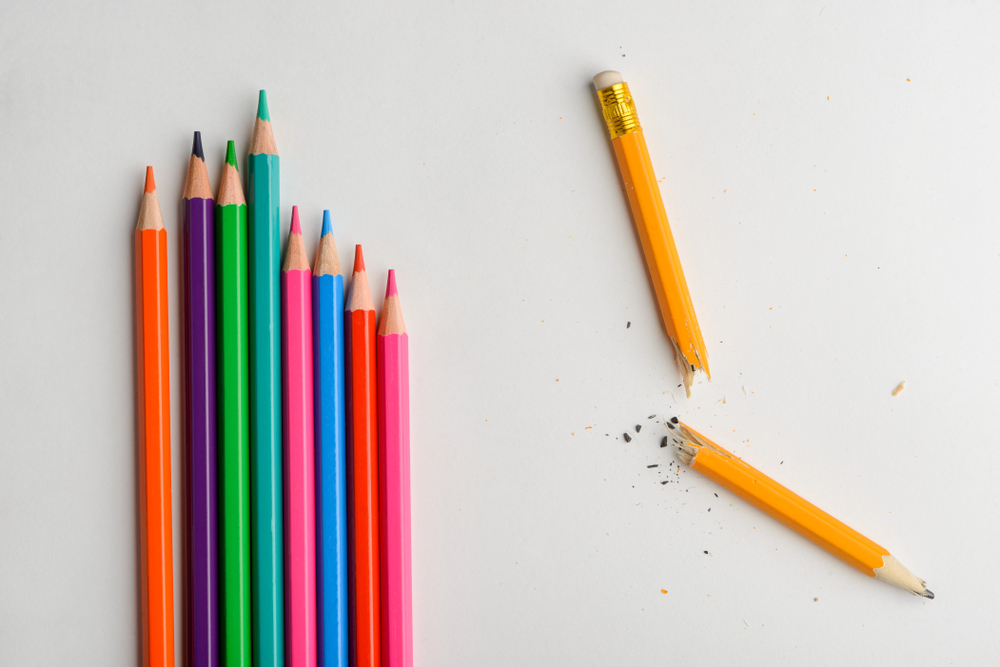At some point or another, we’ll all experience creative burnout. It happens to the best of us. According to Harvard Business Review, “The psychological and physical problems of burned out employees, which cost an estimated $125 billion to $190 billion a year in health care spending in the U.S., are just the most obvious impacts.”
For part-time creatives who want to jump into full-time entrepreneurs, managing your mental health is essential to the sustainability of your business. Don’t push yourself to do more work — that will only make you feel worse. These freelancers and entrepreneurs shared the hard-won lessons on managing creative burnout.
Take on work strategically
“I don’t necessarily subscribe to the ‘say yes more often’ or ‘be comfortable saying no’ hard and fast philosophies, but I understand what they’re trying to get across. Take periodic audits of your long-term overarching goals and don’t take on extra work or projects if they don’t help you get closer to achieving them. It’s easy to be tempted by distractions, especially if there’s money attached, but if you have a solid long-term strategy, saying ‘yes’ and ‘no’ becomes a lot easier.”
—Kelly Miller, Director, Banner Public Affairs, Washington, D.C.
Don’t be on call 24/7
“Creating a work-life balance is tough as a freelancer because our working hours are all over the place. Do yourself a favor and give your clients notice when you can and can’t be reached. Don’t answer emails or text messages during dinner hours or before you go to bed, that’s just crazy. Nothing is that important that can’t wait until the morning. Establishing personal boundaries is important.”
—Dania Hammad, Video Producer and Host, Dose of Dania
Redefine your version of a productive day
“I struggled with creative burnout a lot when I started my company. I was a first-time entrepreneur coming from a corporate setting where it can sometimes be more important to look busy rather than do impactful things. This year, I finally took a step back and realized that many times, the best thing I can do for my company is to not work on the business. I redefined productivity for myself, and I’ve become mindful about setting aside time for activities that rejuvenate and inspire me. For me, this includes practicing yoga, journaling and reading at coffee shops, making dinner with a friend, seeing improv comedy, and just plain singing aloud at home to my favorite songs! These are all things that seem unproductive, in the traditional sense of the word. As a founder, however, my work is tied to my emotional well-being, and I’ll feel more refreshed and excited when I sit down in front of my laptop!”
—Nisha Garigarn, Co-Founder, Croissant
Try new opportunities that would allow your brain a break
“I think creative burnout tends to happen when one isn’t able to separate their work life. Most creatives turn their passion into a career, meaning their prior hobby, which they exercised as a form of enjoyment, has turned into a full-time job. When I decided to turn my passion of writing into a career of journalism, I realized I would be writing nonstop — so my creative, light-hearted writing took a back seat for me to focus on the writing that paid the bills. I couldn’t stand to write on my ‘off’ hours so I turned to new opportunities that would allow my brain a break; boxing, running, meditating, anything that quieted the constant voice a writer has in the back of their mind.”
—Jillian Dara, Journalist
Don’t respond to emails after a certain time
“I try to implement healthy boundaries in all aspects of my life, both personally and professionally. It helps me stay sane, and it allows me to maintain space (which I need to be creative). I don’t respond to emails after a certain time in the evenings unless it’s something that feels urgent, or if it’s something that isn’t trouble for me to respond to. It’s hard to say no or not to respond sometimes, but those moments add up, and I know that my creativity is hinged on the fact that I feel inspired while I’m not ‘on the clock.'”
—Ashley Hefnawy, Freelance Writer and D.J.
Identify when is your most productive time in a day
“Creativity is an essential part of my job as a business strategist. My clients require innovation. Stepping away from the creative process has proven instrumental in delivering results and keeping my sanity. Purposely stepping away from the creative process also allows me to come back and look at things with a fresh pair of eyes. Connecting with others centers me and fuels my creative process. It’s about identifying your peaks of energy and using that to schedule your day and avoid making the work so routine.”
—Roxana Colorado, Business Strategist, Latina Nomad
Follow us here and subscribe here for all the latest news on how you can keep Thriving.
Stay up to date or catch-up on all our podcasts with Arianna Huffington here.


